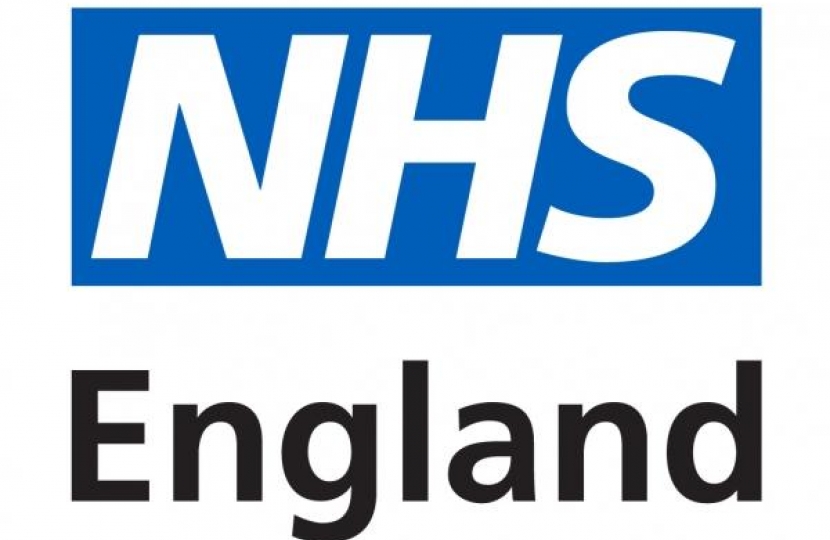
As part of the Government’s relaxation of coronavirus legislation, there will be a greater focus on establishing a comprehensive track and trace system to help identify, contain and control coronavirus, reduce the spread of the virus and save lives. Anyone who tests positive for coronavirus will be contacted by NHS Test and Trace and will need to share information about their recent interactions. This could include household members, people with whom they have been in direct contact, or within 2 metres for more than 15 minutes.
People identified as having been in close contact with someone who has a positive test must stay at home for 14 days, even if they do not have symptoms, to stop unknowingly spreading the virus. If those in isolation develop symptoms, they can book a test online here or by calling the new NHS 119 number. If they test positive, they must continue to stay at home for 7 days or until their symptoms have passed. If they test negative, they must complete the 14-day isolation period. Test and trace has proven to be a highly effective tool when applied at this stage of the epidemic in similar developed and highly populated countries such as Germany and South Korea. As of 9am on 22nd June, the UK’s daily testing capacity was 282,498, with 8,029,757 tests carried out.
The Government has now provided an additional £300 million to local authorities, helping them to support the new test and trace service in their local communities in England. Each local authority will be given funding to develop tailored outbreak control plans, working with local NHS and other stakeholders. Their plans will focus on identifying and containing potential outbreaks in places such as workplaces, housing complexes, care homes and schools. As part of this work, local authorities will also need to ensure testing capacity is deployed effectively to high-risk locations. Lucy Allan MP will be closely monitoring the rollout of test and trace in Telford and Telford & Wrekin Council’s administration of the programme.

